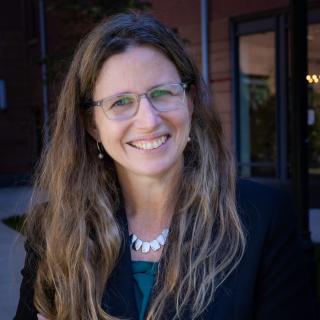Mixed-Delivery Public Prekindergarten
Differences in Demographics, Quality, and Children’s Gains in Community-Based versus Public School Programs across Five Large-Scale Systems

September 22, 2022
Nearly all states with public prekindergarten programs use mixed-delivery systems, with classrooms in both public schools and community-based settings. However, experts have long raised concerns about systematic inequities by setting within these public systems. We used data from five large-scale such systems that have taken steps to improve equity by setting (Boston, New York City, Seattle, New Jersey, and West Virginia) to conduct the most comprehensive descriptive study of prekindergarten setting differences to date. Our public school sample included 2,395 children in 383 classrooms in 152 schools, while our community-based sample is comprised of 1,541 children in 201 classrooms in 103 community-based organizations (CBOs). We examined how child and teacher demographic characteristics, structural and process quality features, and child gains differed by setting within each of these systems. We found evidence of sorting of children and teachers by setting within each locality, including of children with higher baseline skills and more educated teachers into public schools. Where there were differences in quality and children’s gains, these tended to favor public schools. The localities with fewer policy differences by setting – NJ and Seattle – showed fewer differences in quality and child gains. Our findings suggest that inequities by setting are common, appear consequential, and deserve more research and policy attention.
The Authors
Allison Friedman-Krauss is an Associate Research Professor at NIEER where she is also the Associate Director for Policy Research and Director of the Infant and Toddler Policy Research Center.
Jennifer K. Duer, Ph.D. is an Assistant Research Professor at the National Institute for Early Education Research (NIEER) at Rutgers University. Her work focuses on both federal and state policies designed to improve the health and development of young children and their families with an emphasis on finance, quality, and prenatal-to-three policies.
Dr. Milagros Nores is the Co-Director for Research and Research Professor at the National Institute for Early Education Research (NIEER). With a profound expertise in early childhood evaluation, informing data-driven policy and programming, cost and benefits of early interventions, evaluation design, equity, and English language learners, she has established herself as a leading researcher in the field of early care and education.
About NIEER
The National Institute for Early Education Research (NIEER) at the Graduate School of Education, Rutgers University, New Brunswick, NJ, conducts and disseminates independent research and analysis to inform early childhood education policy.



